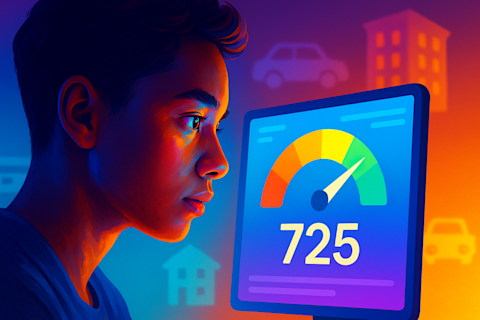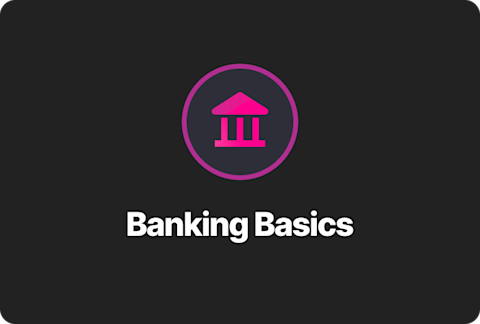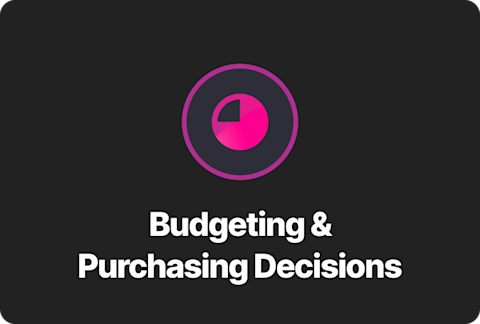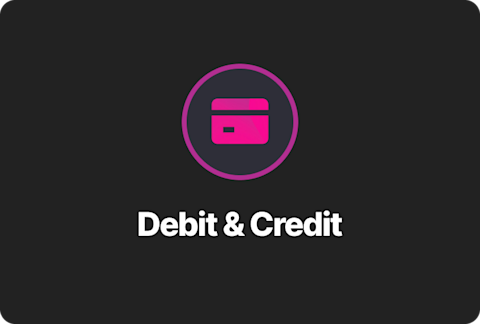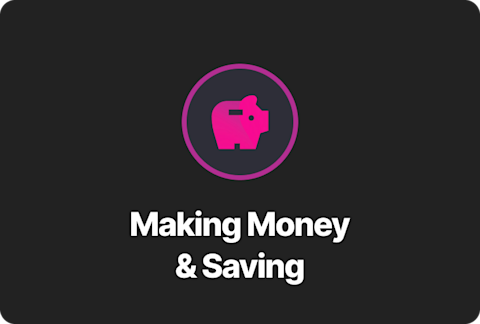How to Repair Your Credit Score: Fast, Free, and for Real

Let’s be honest—repairing your credit score can feel so confusing. You search online and immediately run into scams, sketchy “quick fix” tips, or advice that feels like it’s written in code. One minute you're being told to close all your cards, the next you're told never to close a card ever. It's a lot.
This blog keeps it real. Whether your score dropped or you're just getting started, here's how to repair your credit—fast, free, and without falling for any gimmicks.
What Does It Mean to “Repair” Your Credit Score?
Credit repair means fixing the things that are actively hurting your score. That could be late payments, high credit card balances, or straight-up errors on your report. It’s different from credit building, which is what you focus on once the damage is cleaned up.
Think of it like patching holes in a tire before you start driving again. If you want a better credit score, you’ve got to stop the slow leaks first.
How to Repair Your Credit Score Quickly
If you want fast results, start with your credit report. Go to AnnualCreditReport.com and pull all three reports—for free. Look for anything weird: accounts you didn’t open, payments marked late when you know they weren’t, or balances that seem off. If something doesn’t look right, file a dispute directly with the credit bureau. It takes about 30–45 days to get a response, and fixing even one error can give your score an instant lift.
Next, focus on your credit utilization. If your cards are maxed out, your score is getting crushed—even if you’re paying on time. Try to pay down your balances so you’re using less than 30% of your available credit. Bonus points if you can get it under 10%.
Then, shift your focus to habits. Make sure you’re never missing a payment again. Set up autopay if you need to. And don’t close old accounts—those help with your length of credit history, which also boosts your score. Experian confirms that payment history and credit utilization are the two biggest factors in your score.
How Long Does It Take to Repair a Credit Score?
It depends on what’s hurting it. Some things, like paying down a credit card or fixing a mistake on your report, can help within a month. Others take longer. A late payment might take six months to start fading in importance. A default or collection could take years to recover from.
But don’t get discouraged. Even if you’re starting at a low score, consistent progress adds up. You might not go from 500 to 750 overnight—but you could see a 30–50 point improvement in just a couple months by tackling the right issues.
Free Ways to Fix Your Credit
You do not need to pay anyone to fix your credit. Seriously. You can do everything they’d do on your own.
Start by pulling your credit reports and disputing any errors. Then, set up autopay for all your bills so you never miss a due date. If you have credit cards, call and ask for a credit limit increase—but don’t spend more. That lowers your utilization without costing you anything.
Want to build positive history? Use a credit building app like Step to report your on-time payments. Some apps also let you report rent or utility payments, which can help if you’re just getting started.
And if you’ve got a trusted family member, see if they’ll add you as an authorized user on one of their cards. Their good history could help boost your score without you needing to spend a dime.
How to Repair Credit Score with Bad Credit 😬
Bad credit makes everything harder—but it doesn’t make credit repair impossible.
Start small. Get a secured credit card or a credit builder loan. Use them responsibly and pay on time. These are designed for people rebuilding their scores. Also look for ways to add positive history without taking on new debt. For example, Step lets you build credit without even needing a traditional credit card. And tools like Experian Boost let you report things like utility and streaming service payments to give your score a nudge.
Whatever you do, avoid anyone who promises fast results for a fee. They’re often scams, and even if they’re not, they’re doing things you can already do yourself.
Can You Really Raise Your Credit Score 100 Points Overnight?
Technically, yes—but only in rare situations. If there’s a major error on your report or you’re maxed out and pay off a large balance, you could see a big jump fast.
But for most people, the idea that you can raise your credit score 100 points overnight is unrealistic. What you can do is improve your score steadily with smart decisions—like lowering your balances, paying on time, and building positive history over time.
It’s not flashy, but it works.
What Not to Do When Repairing Your Credit 🚫
Some mistakes can make things worse before they get better:
❌ Applying for lots of new credit cards at once
❌ Closing old credit cards (especially your oldest one)
❌ Using payday loans or “quick fix” credit repair services
❌ Ignoring your credit report altogether
Avoid these, and you’ll stay on the right path.
Final Thoughts: Take Smart, Steady Steps to Repair Your Score 💪
Fixing your credit doesn’t have to be complicated. It’s not about hacks or loopholes—it’s about understanding how the system works and using it to your advantage.
Dispute errors. Pay down what you can. Don’t miss payments. And when you’re ready, start building credit the right way—with tools like credit building app to give you a head start without the fees or high interest.
📌 Want to start today? Step makes it easy to build and repair your credit—all in one place.
FAQs – Credit Score Repair
What’s the fastest way to repair a credit score? Fix any errors and lower your credit card balances. Those have the biggest short-term impact.
Is it possible to fix my credit without paying anyone? Absolutely. Everything in this article is free to do on your own.
Can credit repair companies actually help? Some can, but most are overpriced and unnecessary. Be careful who you trust.
How long does it take to go from 500 to 700 credit score? Anywhere from 6 months to 2 years depending on your situation and consistency.
Is a credit builder card better than a loan for credit repair? It depends. For flexibility and ease, most people do better starting with a secured credit card.


